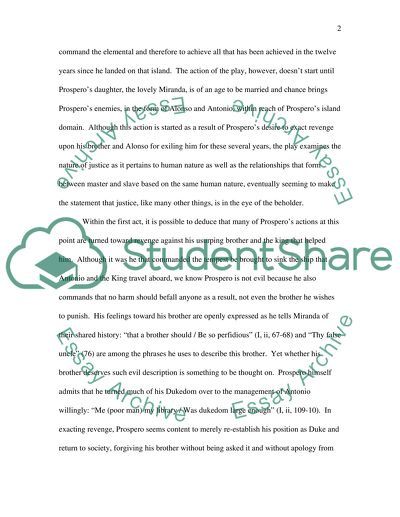Cite this document
(“Prospero in The Tempest by William Shakespeare Book Report/Review”, n.d.)
Prospero in The Tempest by William Shakespeare Book Report/Review. Retrieved from https://studentshare.org/literature/1535923-prospero-in-the-tempest-by-william-shakespeare
Prospero in The Tempest by William Shakespeare Book Report/Review. Retrieved from https://studentshare.org/literature/1535923-prospero-in-the-tempest-by-william-shakespeare
(Prospero in The Tempest by William Shakespeare Book Report/Review)
Prospero in The Tempest by William Shakespeare Book Report/Review. https://studentshare.org/literature/1535923-prospero-in-the-tempest-by-william-shakespeare.
Prospero in The Tempest by William Shakespeare Book Report/Review. https://studentshare.org/literature/1535923-prospero-in-the-tempest-by-william-shakespeare.
“Prospero in The Tempest by William Shakespeare Book Report/Review”, n.d. https://studentshare.org/literature/1535923-prospero-in-the-tempest-by-william-shakespeare.


